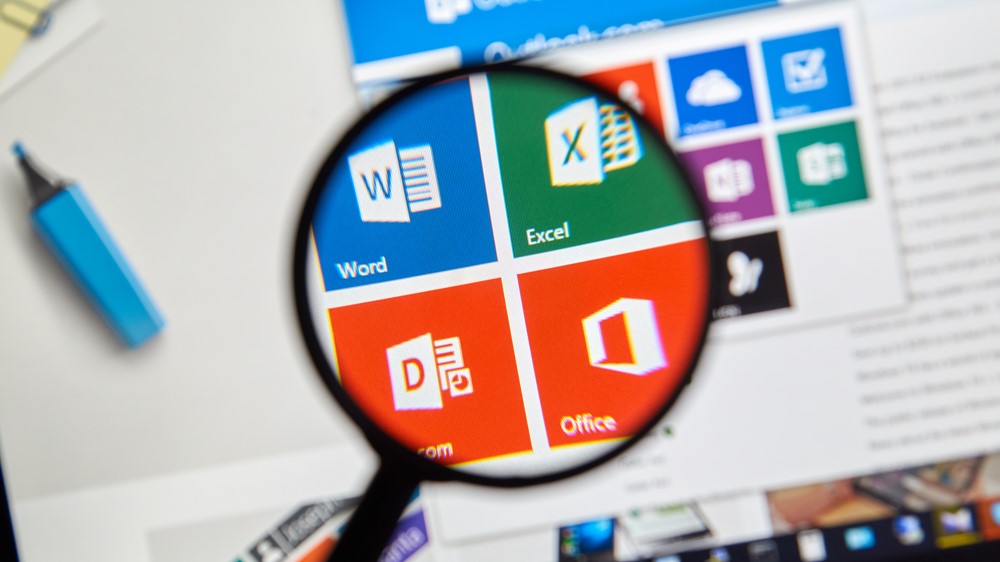Microsoft Office apps hit with more cyberattacks than ever
Cybercriminals heavily exploited Microsoft Office in 2019

New reports have claimed Microsoft Office was the most commonly exploited application worldwide as of the the third quarter of this year.
Research from PreciseSecurity.com found that Microsoft Office solutions and applications were the target of exactly 72.85 percent of cyber exploits this year according to the firm's research.
However, cybercriminals also targeted web browsers with 13.47 percent of the total number of exploits, Android (9.09 percent), Java (2.36 percent), and Adobe Flash (1.57 percent).
- Microsoft Office is a top target for malware devs
- Office 365 phishing attacks target admin accounts
- Millions of Microsoft users are reusing passwords
Web-based attacks
The report also collected data on which countries are the sources of web-based attacks to reveal that 79.16 percent of attacks originate from the United States.
The other top five countries include the Netherlands with 15.58 percent, Germany with 2.35 percent, France with 1.85 percent and Russia with 1.05 percent.
Of the vulnerabilities observed in Microsoft Office, the most common related to stack overflow errors in the Equation Editor application. Another important vulnerability that affected Microsoft's software was a zero-day issue referred to as CVE-2019-1367 which produced memory corruption and allowed for remote code execution on the target system.
Cybercriminals are constantly searching for new vulnerabilities to exploit which is why Microsoft and many other large tech companies have invested heavily into their bug bounty programs this year. By finding vulnerabilities before they can be exploited, businesses are able to remove one of the most potent weapons in a hacker's arsenal.
Are you a pro? Subscribe to our newsletter
Sign up to the TechRadar Pro newsletter to get all the top news, opinion, features and guidance your business needs to succeed!
- We've also highlighted the best antivirus software
After working with the TechRadar Pro team for the last several years, Anthony is now the security and networking editor at Tom’s Guide where he covers everything from data breaches and ransomware gangs to the best way to cover your whole home or business with Wi-Fi. When not writing, you can find him tinkering with PCs and game consoles, managing cables and upgrading his smart home.
